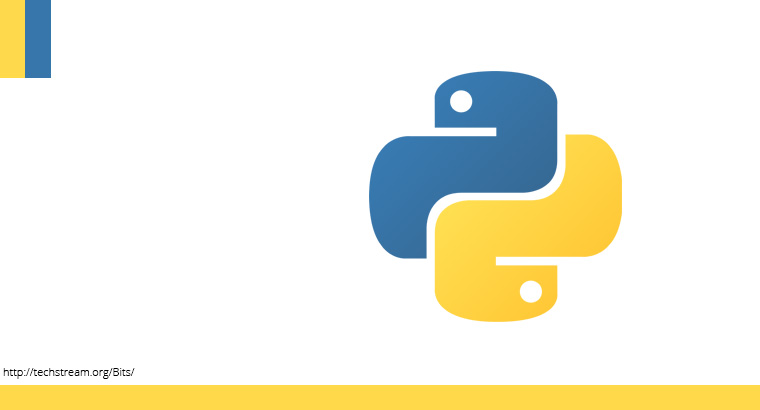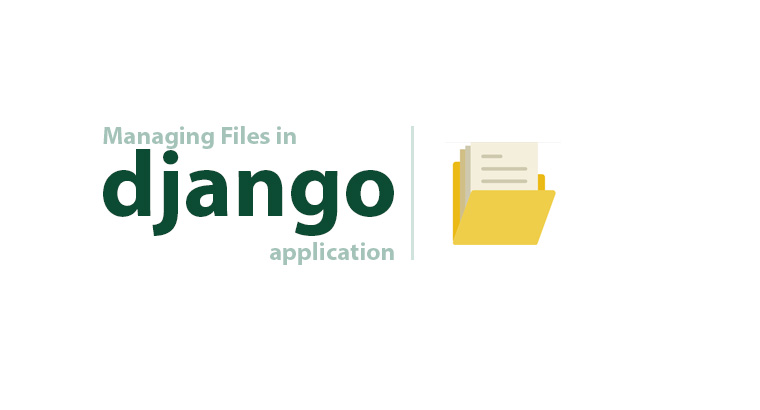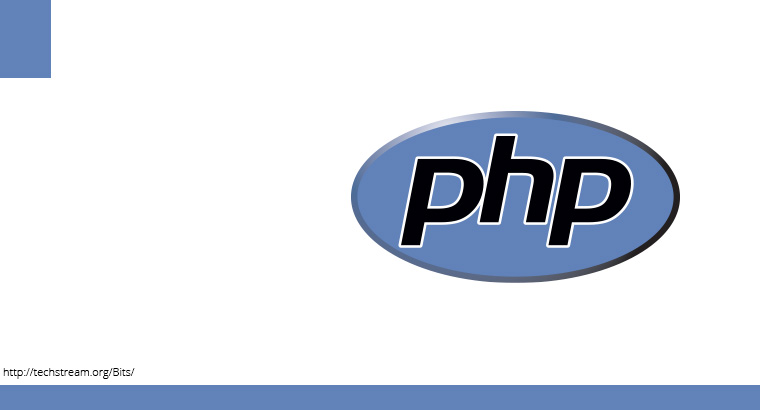Django provides two way to add custom validation rules to a form.
clean(): If added as a form sub-class, lets you access and validate all fields in the form.clean_: Lets you define validation method for the() , it’s added as sub-class in form.
Usign clean()
You can have your custom validation code in these classes. Once you detected an invalid data raise error. Use this method if you need to deal with multiple inputs.
raise forms.ValidationError("", code="",)
These functions gives the absolute power to deal with forms. Example usage:
class ContactForm(forms.Form):
# Form fields
def clean(self):
if field < 100:
raise forms.ValidationError("you can't go below 100", code="field1",)
return self.cleaned_data
Using clean_()
If your requirement is to validate a single field this is right solution. It allows all the functions you can do with the clean() but restricts access only to the single field.
Example Usage
class ContactForm(forms.Form):
# Form fields
# user_name is the form field
def clean_user_name(self):
user_name = self.cleaned_data['user_name']
if user_name is None:
raise forms.ValidationError("Give me a username", code="user_name",)
return user_name
Flow of control
You don't have to go for a long vacation to be in a situation where you have to use clean_& clean() together or clean_ multiple times inside a same form. Here's how they get executed.
- All
clean_are executed before executing the main() clean()function. - Once a
clean_is executed the field is removed from the() cleaned_data.
If using multiple clean method make sure you check if field exists in the cleaned_data before you grab it, it can result in KeyError if the fields clean method removed it.



